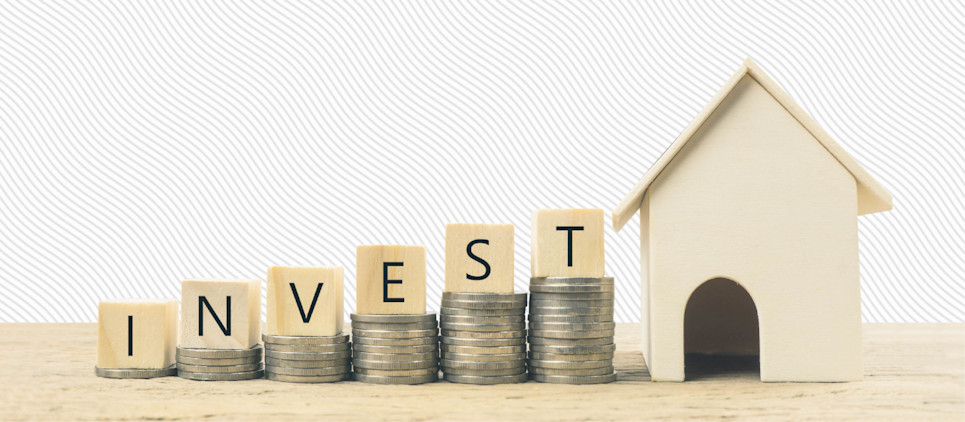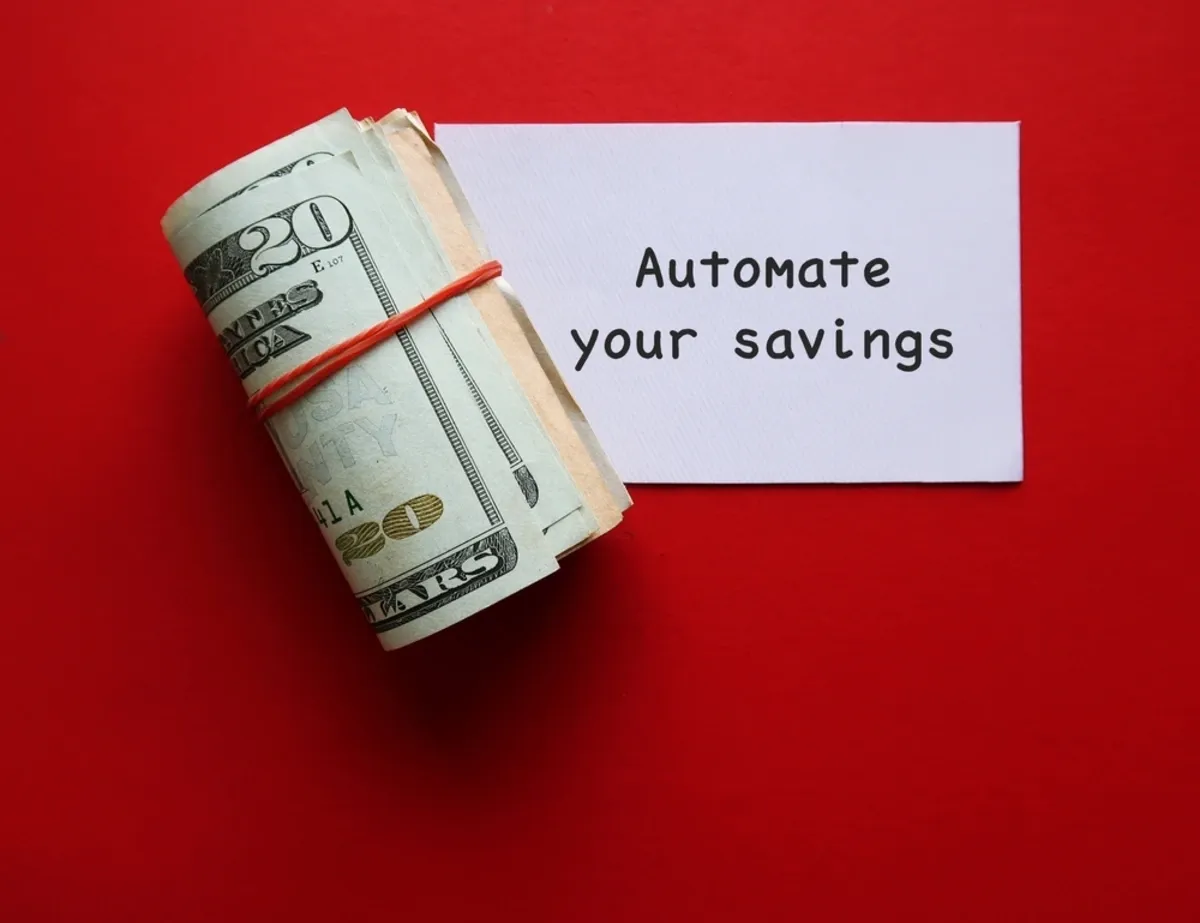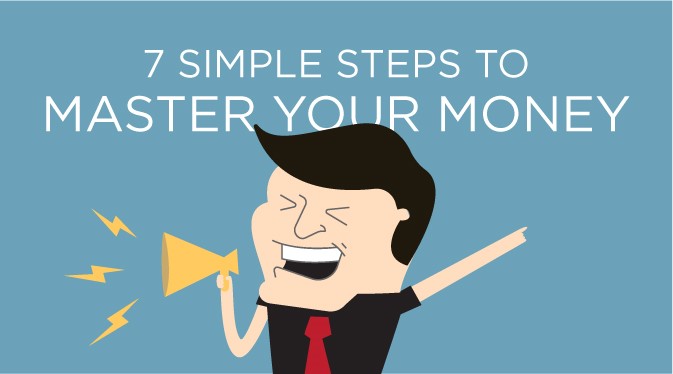Introduction: You Don’t Need to Be Rich to Invest in Property
Let’s be honest most people think real estate investing is only for the wealthy. They believe they need tens of thousands in savings just to buy their first property.
Here’s the truth: you can start investing in real estate with little money if you know the right strategies. Today, modern tools and creative financing options make it possible for anyone — even beginners — to build passive income and financial freedom.
This guide breaks down step-by-step ways to start real estate investing on a small budget, with real examples, beginner-friendly advice, and practical action plans.
Why Real Estate Is Still the Smartest Investment
1. It Builds Long-Term Wealth
Unlike stocks or crypto, real estate gives you real ownership — something that grows in value and pays you monthly income. Even small investments can snowball over time.
2. You Can Leverage Other People’s Money
Real estate is one of the few assets where you can borrow money (like a mortgage) to buy an income-generating asset. That’s leverage — and it works even if you don’t have a large down payment.
3. You Can Start Small and Scale Up
With today’s tools like crowdfunding, REITs, or house hacking, you can start tiny and grow big. The secret is to start now, not when you have a fortune.
5 Easy Ways to Start Investing in Real Estate With Little Money
Here are proven, beginner-friendly strategies that really work — even on a tight budget.
🏘 1. Try “House Hacking”
What it is:
Buy a small multi-unit property (like a duplex or triplex), live in one unit, and rent the others.
Why it works:
Your tenants’ rent covers your mortgage — so you’re living almost rent-free while building equity.
Steps to follow:
- Look for duplexes or small multi-family homes in your area.
- Apply for an owner-occupied loan (smaller down payment).
- Live in one unit, rent out the others.
- After a year, move out and rent the entire property.
📈 Example: A $200,000 duplex might need only $7,000 down with an FHA loan. Two tenants paying $900/month can easily cover your mortgage.
💻 2. Invest Through Real Estate Crowdfunding
What it is:
Online platforms let you invest small amounts (even $100) into large real estate projects — from apartments to commercial buildings.
Benefits:
- No landlord responsibilities
- Instant diversification
- Passive income from real estate deals
How to start:
- Choose a trusted platform (e.g., Fundrise, RealtyMogul, Crowdstreet).
- Start small — even $500–$1,000.
- Reinvest your earnings for compound growth.
🧠 Tip: Check platform fees and project types before investing.
🤝 3. Use Creative Financing (No-Money-Down Options)
When cash is tight, creativity matters. You can still invest using strategies like:
- Seller Financing: The seller becomes the lender, so you skip the bank.
- Lease Option (Rent-to-Own): Rent a property with the right to buy later.
- Partnerships: Partner with investors — one puts money, the other manages.
- Hard Money Loans: Short-term loans for flipping or rehabbing properties.
💡 Example: With seller financing, you can buy a property for $100,000 and agree to pay the owner $800/month instead of a lump sum. No bank needed!
🏡 4. “Live-In Then Rent” Strategy
Buy a home, live in it for a year (to qualify for low down-payment loans), then move out and rent it.
Why it’s smart:
- Lower upfront cost (as low as 3.5% down).
- You build equity while living there.
- You get a property that can later generate income.
Step-by-step:
- Buy a home you can afford.
- Improve it while living there.
- Rent it after 12–18 months.
- Use your home equity to buy your next property.
This is one of the easiest ways for beginners to start small and grow naturally.
💼 5. Start With REITs or Fractional Real Estate
If buying property feels too big right now, start with REITs (Real Estate Investment Trusts) or fractional ownership apps.
REITs let you invest in real estate through the stock market. You get dividends from rental profits without ever touching a property.
Fractional apps (like Lofty, Arrived Homes, or Fundrise) let you own small shares of rental homes.
✅ Benefits:
- Start with as little as $10–$100
- Fully passive
- No tenants or maintenance
Step-by-Step Action Plan for Beginners
| Step | What to Do | Why It Matters |
|---|---|---|
| 1. Set Your Budget | Decide how much you can safely invest (even $500 counts). | Helps you stay realistic and consistent. |
| 2. Pick a Strategy | Choose one method: house hack, crowdfunding, or REITs. | Focus beats confusion. |
| 3. Learn the Basics | Study terms like cash flow, ROI, and cap rate. | Knowledge protects you from bad deals. |
| 4. Take Action | Start your first investment — even small. | You learn fastest by doing. |
| 5. Track & Reinvest | Use profits to scale into larger properties. | Compounding builds wealth. |
Common Mistakes to Avoid
- ❌ Waiting for the “perfect” time to start.
- ❌ Ignoring property expenses like maintenance or taxes.
- ❌ Borrowing too much or using high-interest debt.
- ❌ Skipping due diligence on crowdfunding platforms.
- ❌ Not treating real estate as a long-term play.
💬 Remember: Even small steps now can turn into big wins later.
FAQ: Real Estate Investing With Little Money
Q1: Can I really invest in real estate with almost no money?
Yes! You can use house hacking, partnerships, or crowdfunding to get started with as little as a few hundred dollars.
Q2: What’s the best way for beginners to start?
Try house hacking or fractional investing. These are low-risk, hands-on ways to learn while building equity or passive income.
Q3: Do I need good credit to invest in property?
Good credit helps with loans, but creative options like seller financing or lease-to-own deals can work even with average credit.
Q4: How do I choose the right property or platform?
Focus on strong rental markets, low vacancy rates, and transparent fee structures for crowdfunding sites.
Q5: How long before I see results?
Most investors start seeing steady returns in 6–12 months if they manage risk and reinvest profits wisely.
Conclusion: Start Small, Think Big
You don’t need to be rich to start investing in real estate. What you need is knowledge, creativity, and consistency.
Whether you begin with house hacking, REITs, or real estate crowdfunding, every small step helps you build financial independence.
Focus on cash flow, learn as you go, and scale up when ready. The earlier you start, the more your wealth compounds.
💡 Ready to Grow Faster?
Try our AI Automation Agency to simplify your workflows, scale your business, and make your company grow!
For more updates Eliteeratrends.com













Leave a Reply